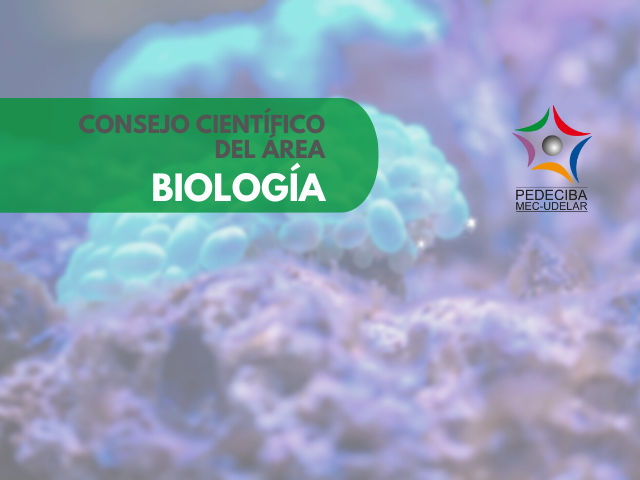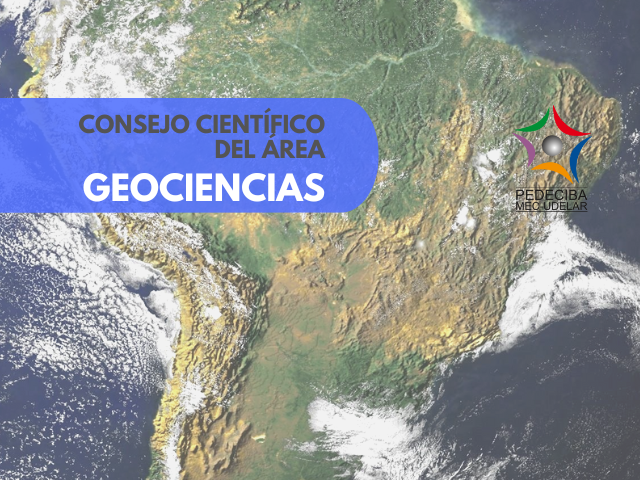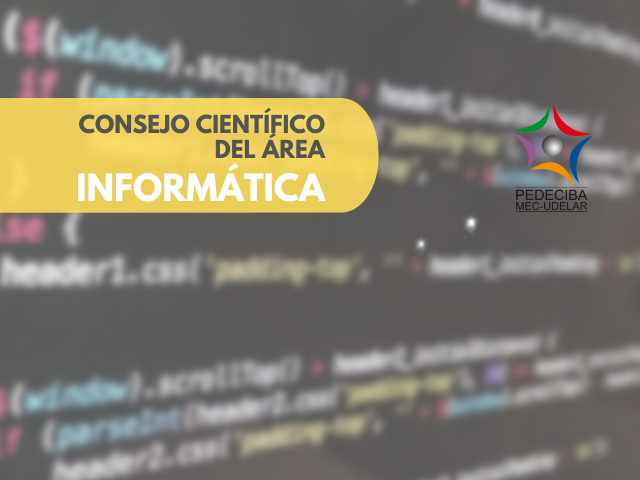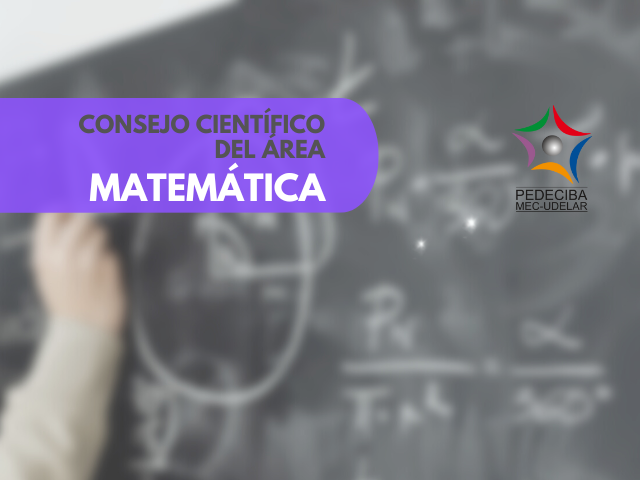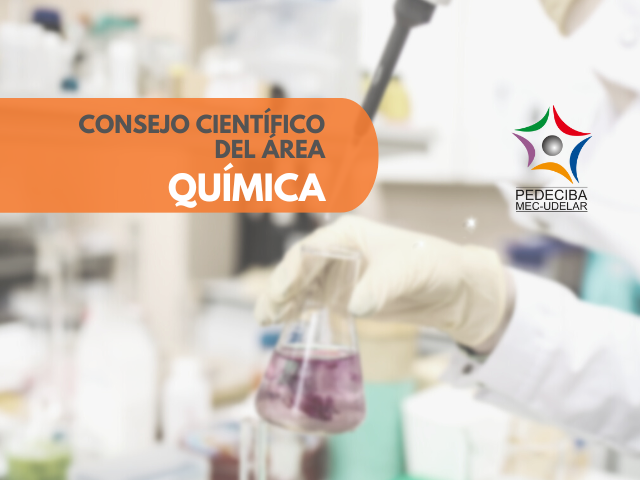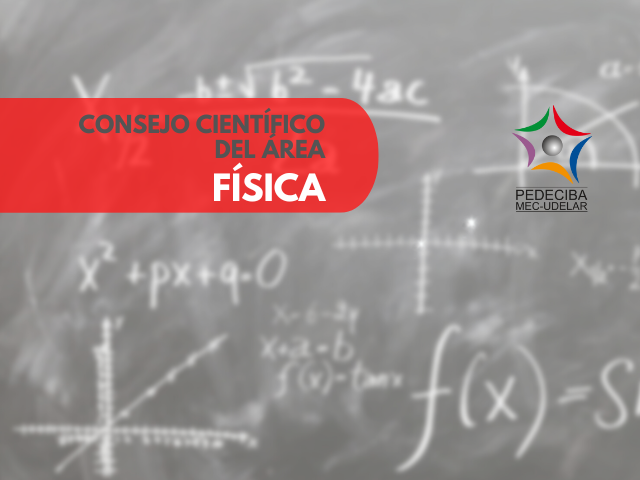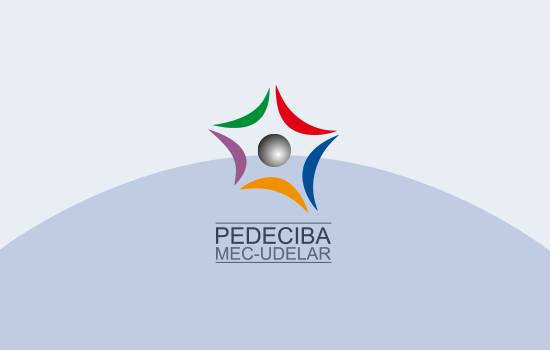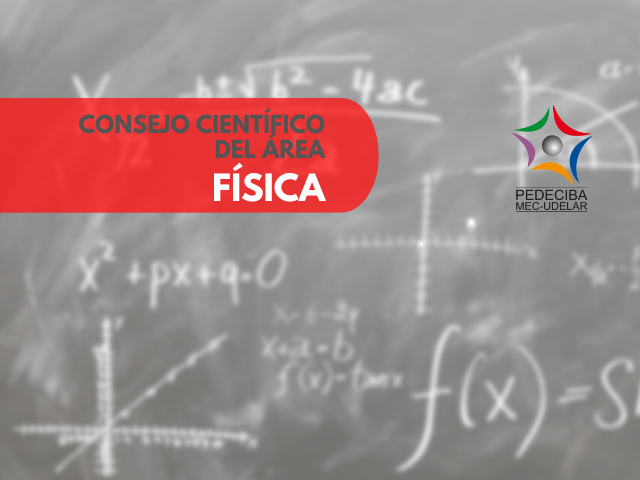Objectives
The Basic Sciences Development Program (PEDEClBA) was created in October 1986 by an agreement between the Uruguayan Government, represented by the Ministry of Education, and the University of the Republic with the active participation of the Program of the United Nations for Development (UNDP). In 1995, the national budget law established PEDECIBA as a permanent program.
In 2008, the intervenient parties renewed the original agreement. The new text provided PEDECIBA with an updated institutional framework adapted to the current stage of the program, providing new impetus to its activities.
The main objectives are:
- To create and maintain a scientific platform capable of supporting the development of Basic Sciences and technological development.
- To support the training of high-level professionals in various scientific-technical disciplines.
- To actively participate in the consolidation of the Uruguayan scientific and cultural fabric.
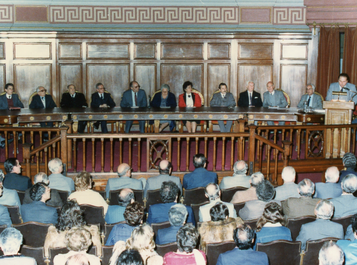
The stated objectives endeavor in two directions:
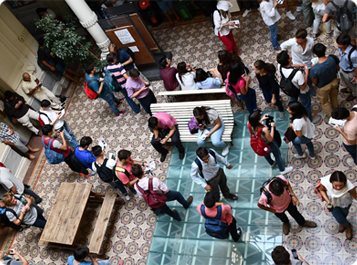
- To create a high-level, stable, and permanent interdisciplinary system that supports and fosters scientific research.
- To train human resources in basic scientific disciplines, capable of inserting themselves in the academic community and the private and government sectors.
Strategies and Actions
- Design and execute programs to support research projects in basic sciences.
- Design and administer Master and Doctoral programs in Basic Sciences to encourage the local development of human resources at a high scientific level.
- Coordinate and carry out programs with other institutions to improve the quality of science teaching at all educational levels.
- Devise strategies and actions to stimulate technology transfer among academia, industry, and government. These actions involve joint projects and specific training of graduate students in topics like intellectual property, technological business, and communication.
- Promote and maintain a platform of knowledge exchange with Uruguayan academics abroad.
- Assist academia with small funds for the maintenance, updating, and acquisition of scientific equipment. support initiatives to facilitate the access to databases and academic journals.
Mission and Vision
Mission
To promote and support research and graduate education in the basic sciences to strengthen the national academic system supporting the scientific and cultural network among the Uruguayan community.
Vision
To build a platform within UdelaR and MEC that, self-governed by researchers and graduate students, crosses the national education system and promotes best quality practices in scientific research, supports students and researchers, innovates in academic administration, fosters the teaching of basic sciences at all levels, and contributes to the fusion of scientific knowledge with the Uruguayan culture.
Organization
PEDECIBA develops actions in the following Areas of Science:
- Biology
- Computing Science
- Geosciences
- Mathematics
- Physics
- Chemistry
The Board of Directors is in charge of determining the general policy of PEDECIBA and the administration of the Program in a state made up of:
- The Academic Director and Assistant Director
- Three representatives of the University of the Republic
- Three representatives from the Ministry of Education (one of them a researcher of the Clemente Estable Biological Research Institute)
- The six area Coordinators
- A representative of the researchers
- A representative of the graduate students
The coordination of the internal activity of the Areas is in charge of the Area Scientific Councils. Each of them is responsible for research activities and the training of human resources within their area. These Councils are constituted by:
- Five scientists elected by the area researchers
- A student representative elected by the graduate students
Board of Directors
The Board of Directors is in charge of determining the general policy of PEDECIBA and the administration of the Program.
Academic Director and Assistant Director of PEDECIBA:
Dr. David Gonzalez
Dra. Silvia Llambí Dellacasa
Representatives of the University of the Republic:
Holders:
Dra. Erna Frins
Dr. Gustavo Seoane
Dra. Paola Bermolen
Alternate:
Dr. Carlos Negreira
Dr. Marcelo Barreiro
Dra. Gianella Bardazano
Representatives from the Ministry of Education
Dr. José Roberto Sotelo Silveira
Dra. Rosario Durán
Dra. Silvia Olivera (IIBCE)
Dra. Leticia Bidegaray (IIBCE)
Area Coordinators:
Biology: Dra. Patricia Lagos / Dra. Astrid Agorio
Physics: Dra. Marcela Peláez / Dr. Javier Brum / Dr. Daniel Ariosa
Geosciences: Dra. Ofelia Gutiérrez / Dr. Pablo Muniz
Computing Science: Dr. Eduardo Fernández / Dr. Antonio Mauttone
Mathematics: Dr. Mauricio Velasco / Dr. Alejandro Cholaquidis
Chemistry: Dra. Sonia Rodríguez / Dra. Margarita Brovetto
Representative of the researchers:
Dra. Gianella Facchín (Holder)
Dra. Anabel Fernández (Alternate)
Dra. Cecilia Saiz (Alternate)
Representative of the graduate students:
Holder: Ania Gómez
Alternate: Martín Luzardo
Interdisciplinary Masters:
Bioinformatics: Dr. Pablo Smircich / Dr. Ignacio Ramírez
Area Scientific Councils
Gender Committe
Gender Committee of PEDECIBA
Caldeyro Barcia Prize
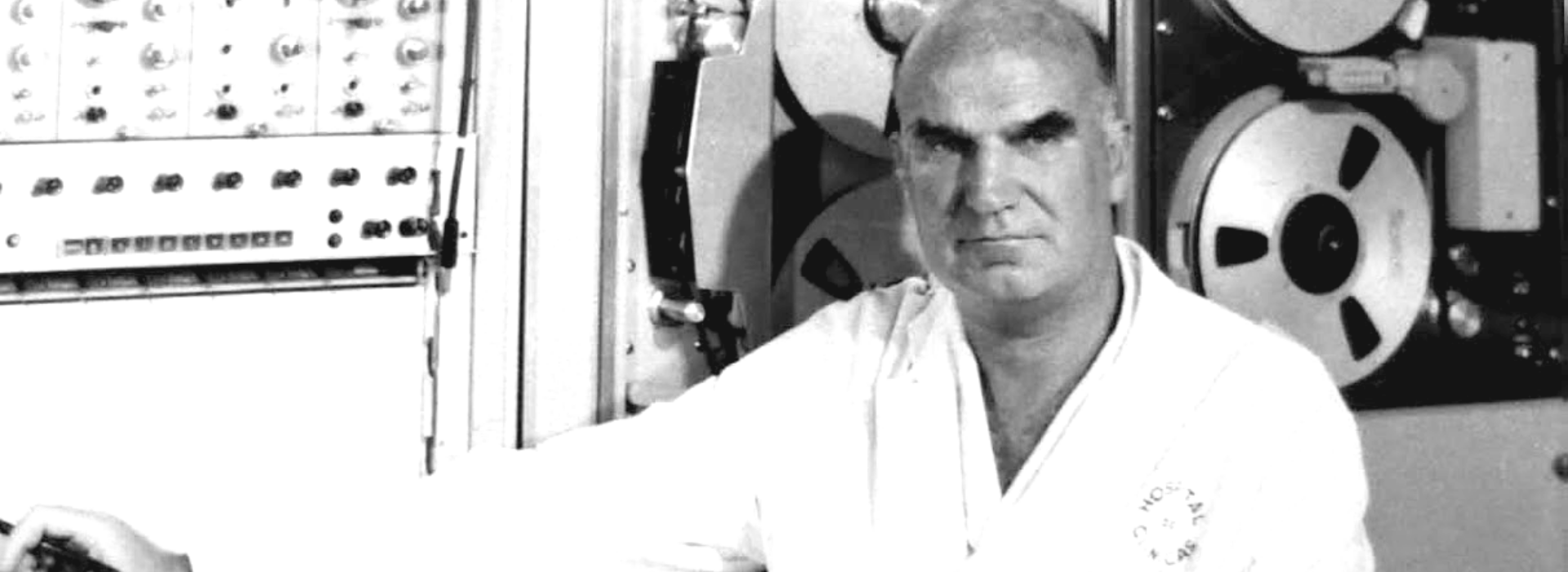
The Basic Sciences Prizes “Roberto Caldeyro Barcia”, were created in memory of the Founding Director of the Program and were convened for the first time in 1999.
The prizes are given every two years and are aimed at young researchers residing in Uruguay. Academic excellence in basic sciences is rewarded, as evidenced in the scientific performance and trajectory of researchers at the national level.
At present they are financed entirely by PEDECIBA, while in the beginning it had the financial support of UNDP and Conicyt.
Call for Basic Sciences Prizes “Roberto Caldeyro Barcia”
Winners list:
|
Year |
Area |
Prized |
Mentions |
|
2021 |
Physics |
Julia Alonso* |
|
|
Physics |
Lucía Duarte* |
||
|
Physics |
Marcela Peláez* |
||
|
Physics |
Javier Brum |
||
|
Mathematical |
Juliana Xavier |
||
|
Mathematical |
Alfonso Artigue |
||
|
Chemical |
Victoria Calzada |
||
|
Chemical |
Guzmán Álvarez* |
||
|
Chemical |
Nicolás Veiga* |
||
|
2019 |
Biology |
Iván González |
|
|
Biology |
Uriel Koziol |
||
|
Geosciences |
S/postulantes |
||
|
Computer Science |
Daniel Calegari |
||
|
2017 |
Physics |
Miguel Campiglia |
|
|
Mathematical |
Pablo Lessa |
||
|
Chemical |
Ignacio Carrera |
||
|
2015 |
Biology |
Ma. José Albo |
|
|
Biology |
Andrés Trostchanksy |
||
|
Geosciences |
Mariana Meehroff* |
||
|
Geosciences |
Claudio Gaucher* |
||
|
Computer Science |
Sergio Nesmachnow |
||
|
2013 |
Mathematical |
Rafael Potrie* |
|
|
Mathematical |
Diego Armentano* |
||
|
Chemical |
Ricardo Faccio |
Gastón Ares |
|
|
Physics |
Declared void |
||
|
2011 |
Computer Science |
Álvaro Martín |
|
|
Geosciences |
Declared void |
Gabriel Usera |
|
|
Biology |
Cecilia Casaravilla |
||
|
Biology |
Alejo Menchaca |
||
|
2009 |
Mathematical |
Gonzalo Tornaría |
|
|
Chemical |
Pablo Denis |
||
|
PNUD |
Daniel Bia |
Andrés Trostchansky |
|
|
CONICYT |
Declared void |
||
|
Physics |
Declared void |
||
|
2007 |
Biology |
Ana Celia Silva |
|
|
Biology |
Ernesto Blanco |
||
|
Computer Science |
Regina Motz |
||
|
CONICYT |
Daniel Bia Santana* |
||
|
CONICYT |
César Perciante* |
||
|
PNUD |
César Perciante |
||
|
2005 |
Physics |
Nicolás Wschebor |
|
|
Mathematical |
Federico Rodríguez Hertz |
||
|
Chemical |
Eduardo Méndez |
||
|
CONICYT |
Rodolfo Ungerfeld |
Ana Meikle |
|
|
PNUD |
Ernesto Blanco |
Ana Meikle |
|
|
2003 |
Biology |
Beatriz Alvarez |
Eliana Rodríguez |
|
Biology |
Alvaro Díaz |
||
|
Computer Science |
Alberto Pardo |
||
|
CONICYT |
Otto Pritsch |
Rodolfo Ungerfeld |
|
|
PNUD |
Carmen Rossini* |
||
|
PNUD |
Andrés González* |
||
|
2000 |
Physics |
Hugo Fort |
|
|
Mathematical |
Gabriel Paternain |
||
|
Chemical |
Oscar Ventura y Alvaro Mombrú |
Carlos Kremer |
|
|
CONICYT |
Alfonso Cayota |
||
|
PNUD |
Gonzalo Perera |
Alvaro Mombrú |
|
|
PNUD |
Hugo Cerecetto |
||
|
1999 |
Biology |
Fernando Álvarez |
Angel Caputi |
|
Biology |
Marisa Pedemonte |
Francisco Panzera |
|
|
Biology |
Rafael Radi |
Raúl E. Russo |
|
|
Computer Science |
Héctor Cancela |
Alvaro Tasistro |
|
|
Computer Science |
Alfredo Viola |
||
|
CONICYT |
Edgardo Rubianes |
Erna Frins |
|
|
PNUD |
Richard Fariña |
Eleonora Catsígeras y Pietro Fagiolino |
*Shared prize
¿qué es? project
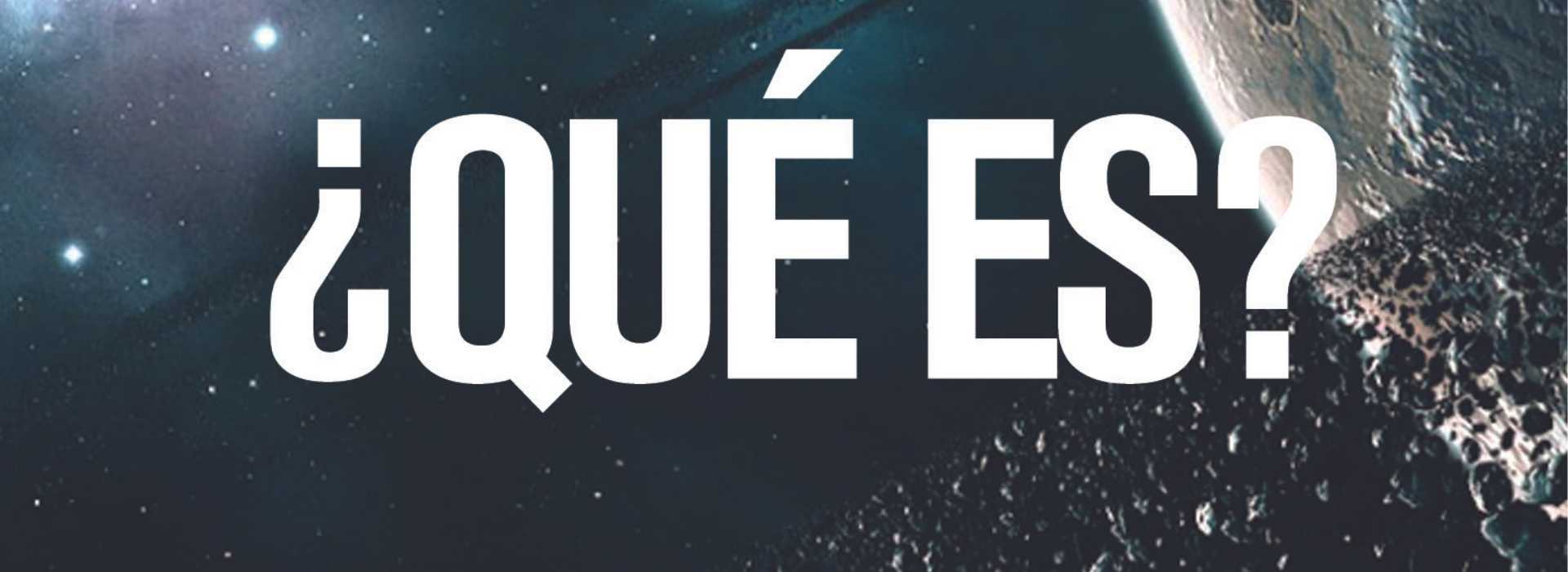
The popular science video series ¿Qué es? attempts to answer questions posed by researchers from the Basic Sciences Development Program (PEDECIBA), discussing with the protagonists about their lines of research on topics of general and particular interest, some of great actuality and their impact on a local and international level and showing the human face of the academy.
Investigadoras e investigadores uruguayos que trabajan en las áreas de Biología, Física, Geociencias, Informática, Matemáticas y Química de PEDECIBA muestran cómo desarrollan sus tareas de investigación en videos de 12 minutos rodados en sus propios lugares de trabajo (oficinas, laboratorios, campo, etc.) en colaboración con colegas o estudiantes.
Uruguayan researchers working in the Areas of Biology, Physics, Geosciences, Computers Sciences, Mathematics and Chemistry at PEDECIBA, show how they carry out their
research tasks in 12-minute videos recorded in their own workplaces (offices, laboratories, field, etc.) in collaboration with colleagues or students
Series 1 was premiered in 2010 on the PEDECIBA YouTube channel and in November of that year, it was screened on “Televisión Nacional del Uruguay” (Channel 5).
Series 2 was premiered in December 2011 on the PEDECIBA YouTube channel and was also screened on “Televisión Nacional de Uruguay” (Channel 5).
Series 3 was premiered in October 2014 on the PEDECIBA YouTube channel.
Since 2012 the Series ¿Qué es? became a fundamental input for the joint project between Plan CEIBAL and PEDECIBA called “Científicos en el Aula”.
This video series was created in association with TarkioFilm and was funded by ANII (series 1 and 2), ANCAP (series 3) and PEDECIBA (series 1,2 and 3).
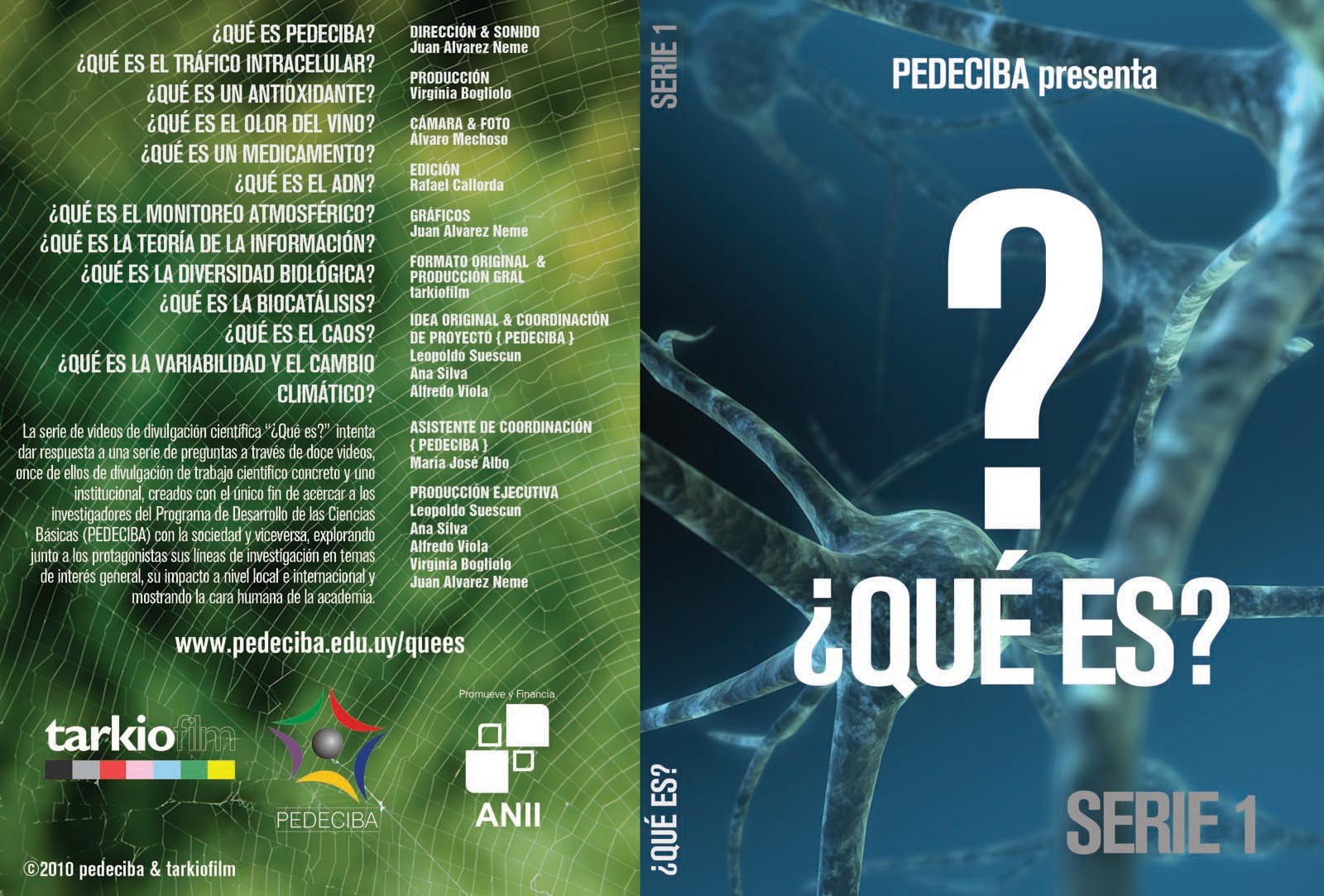
|
SERIE 1 |
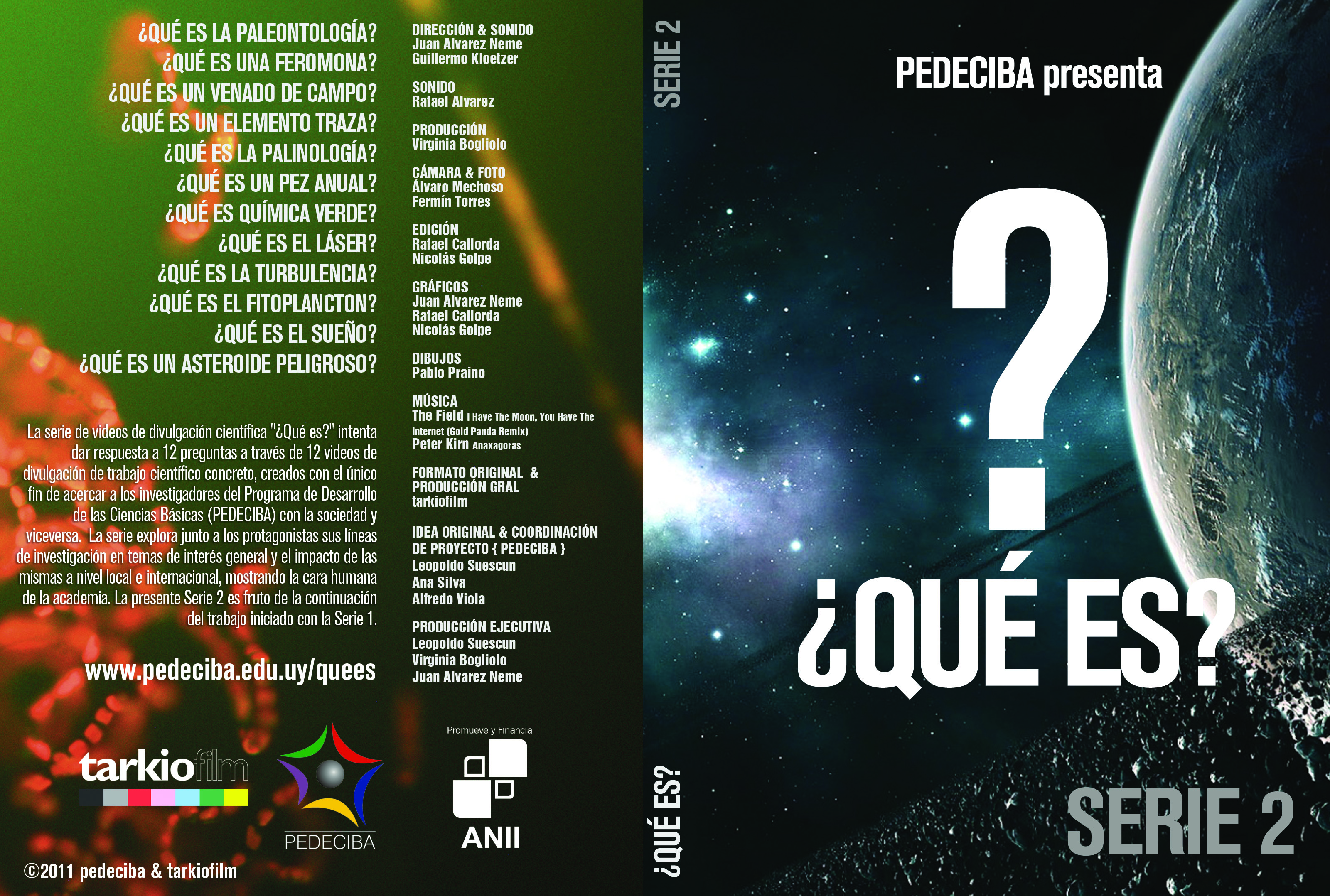
|
SERIE 2 |
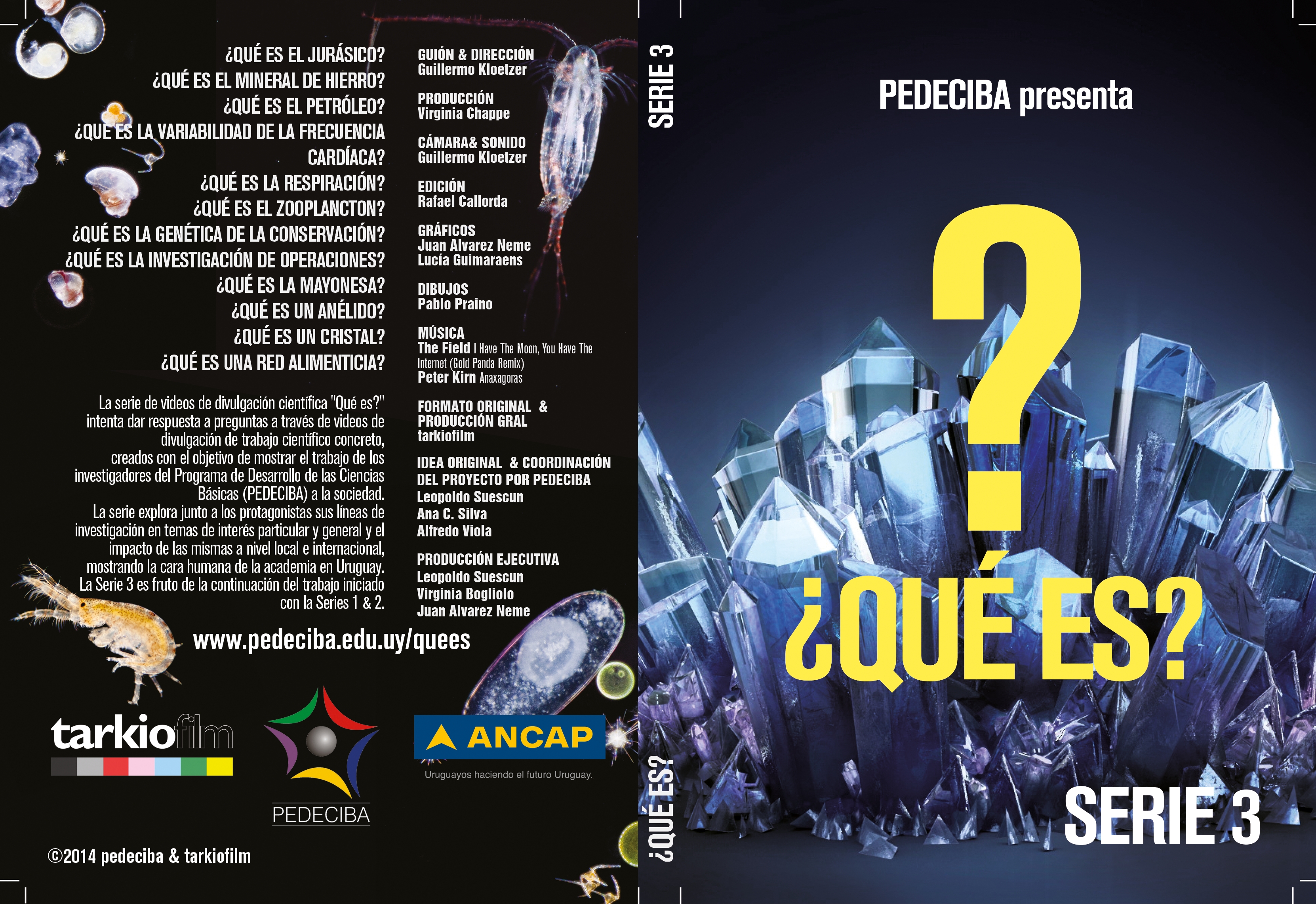
|
SERIE 3 |
